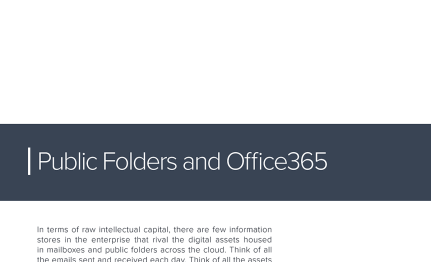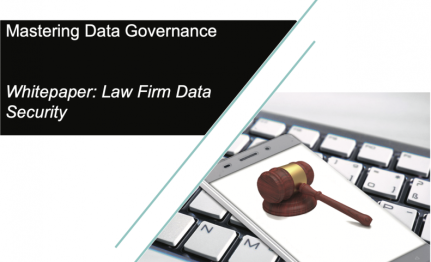Data governance is one of the most business-critical disciplines to have emerged within enterprises over the last decade. Through data governance, organizations are looking to exercise positive control over the processes and methods used to manage their data repositories.
Stay in the loop
Join our mailing list and get notified of the latest SPHEREinsights

